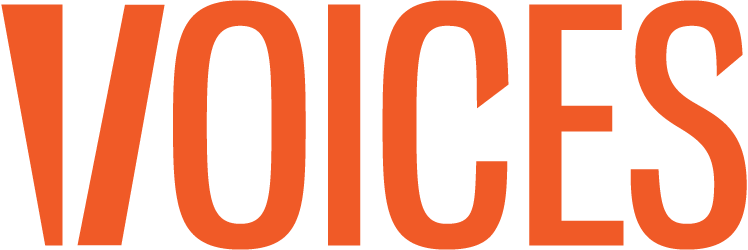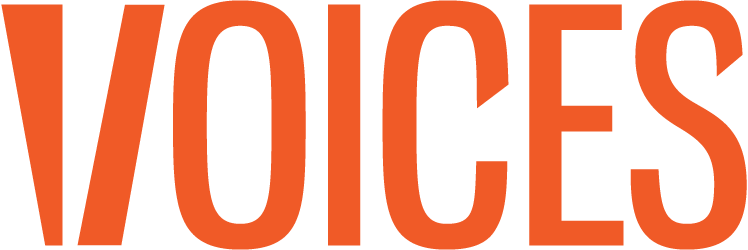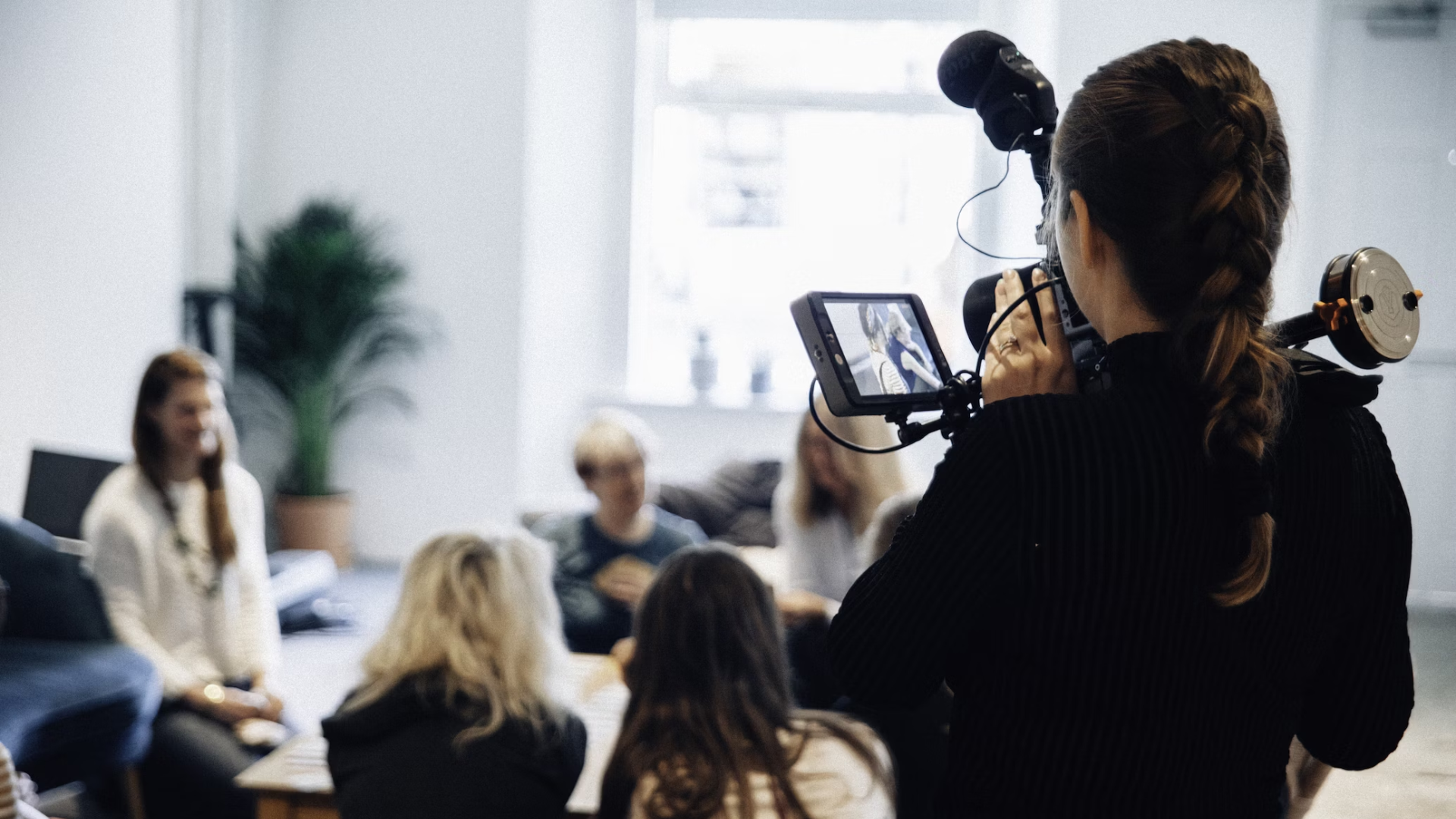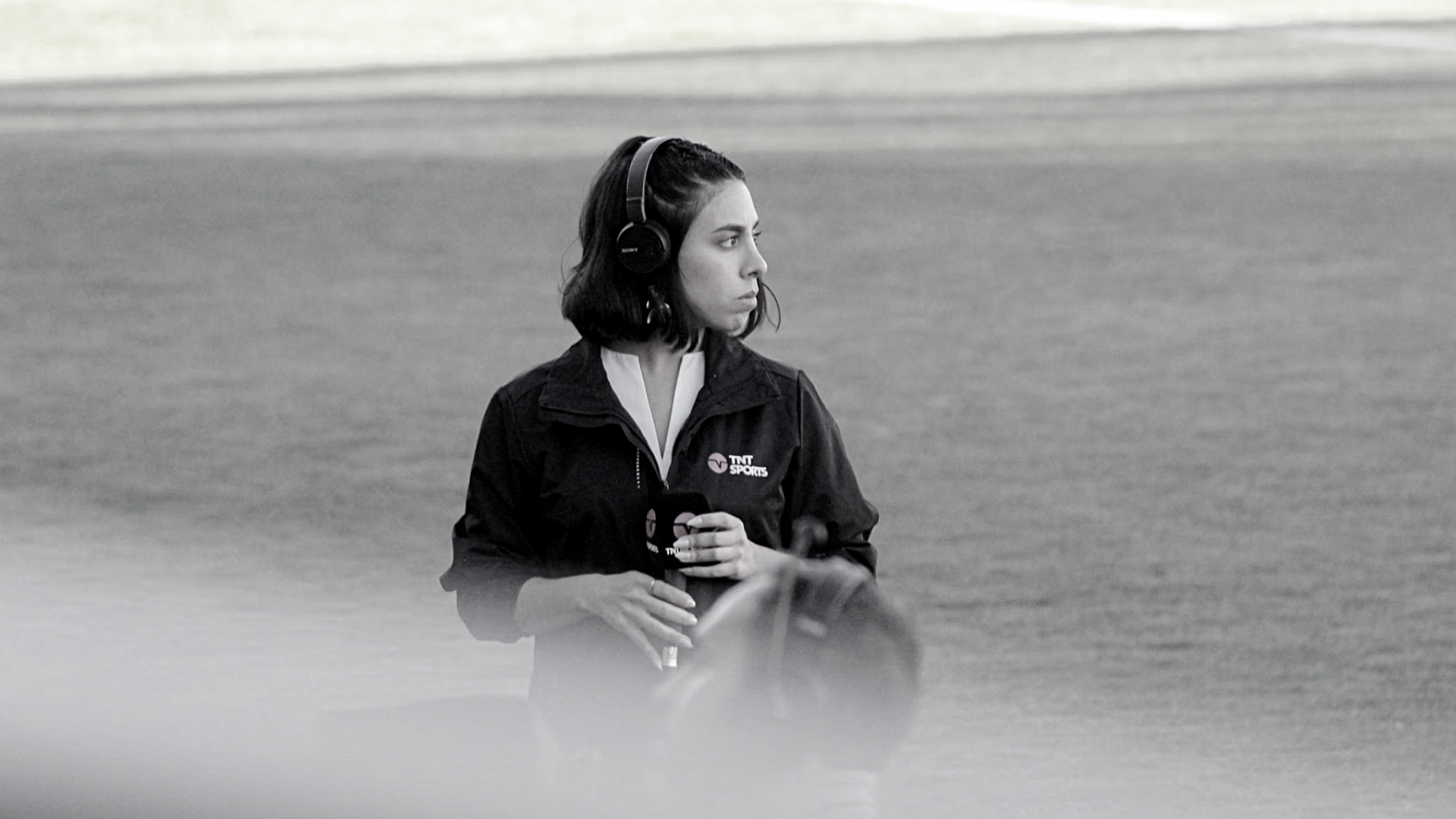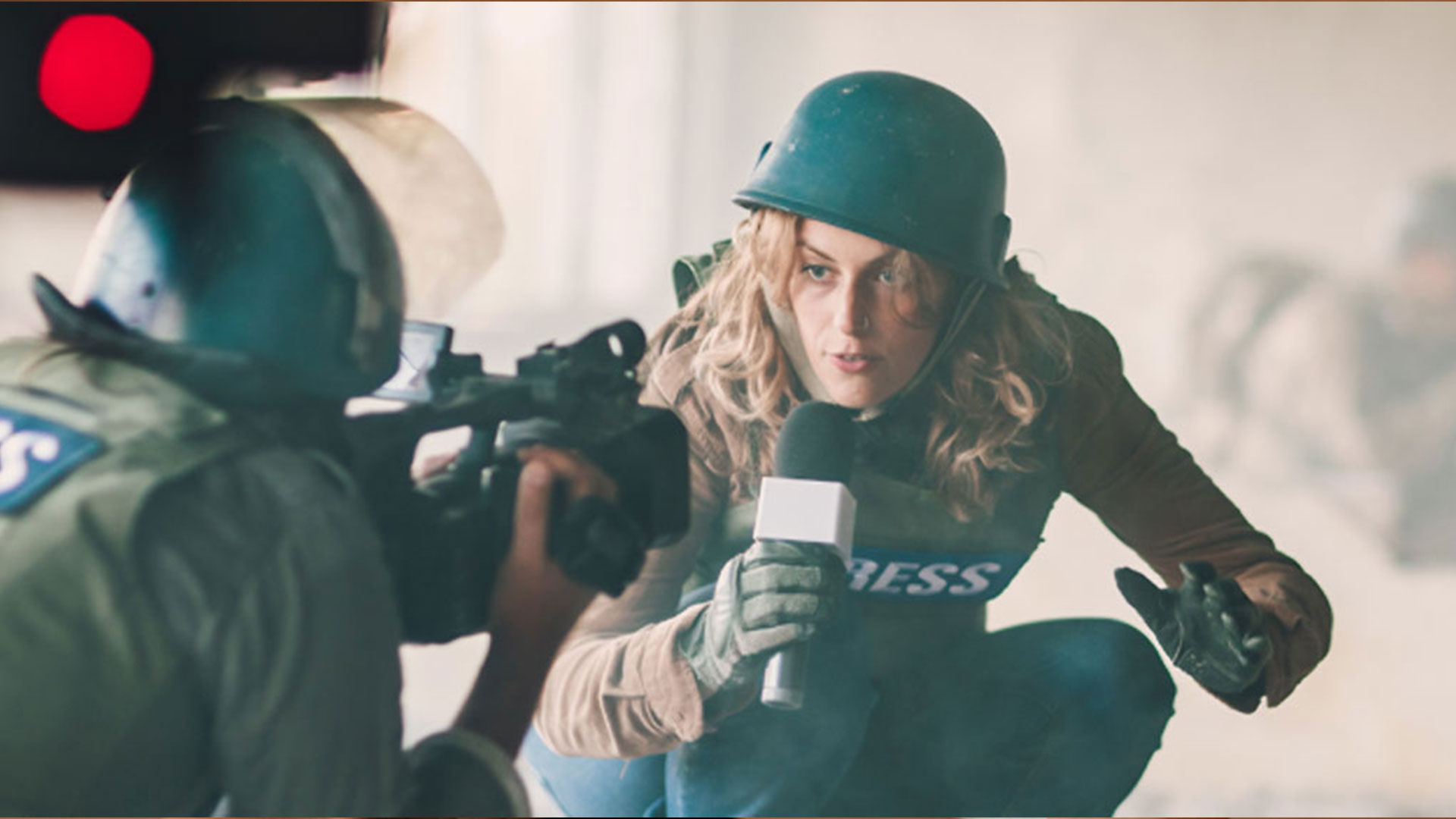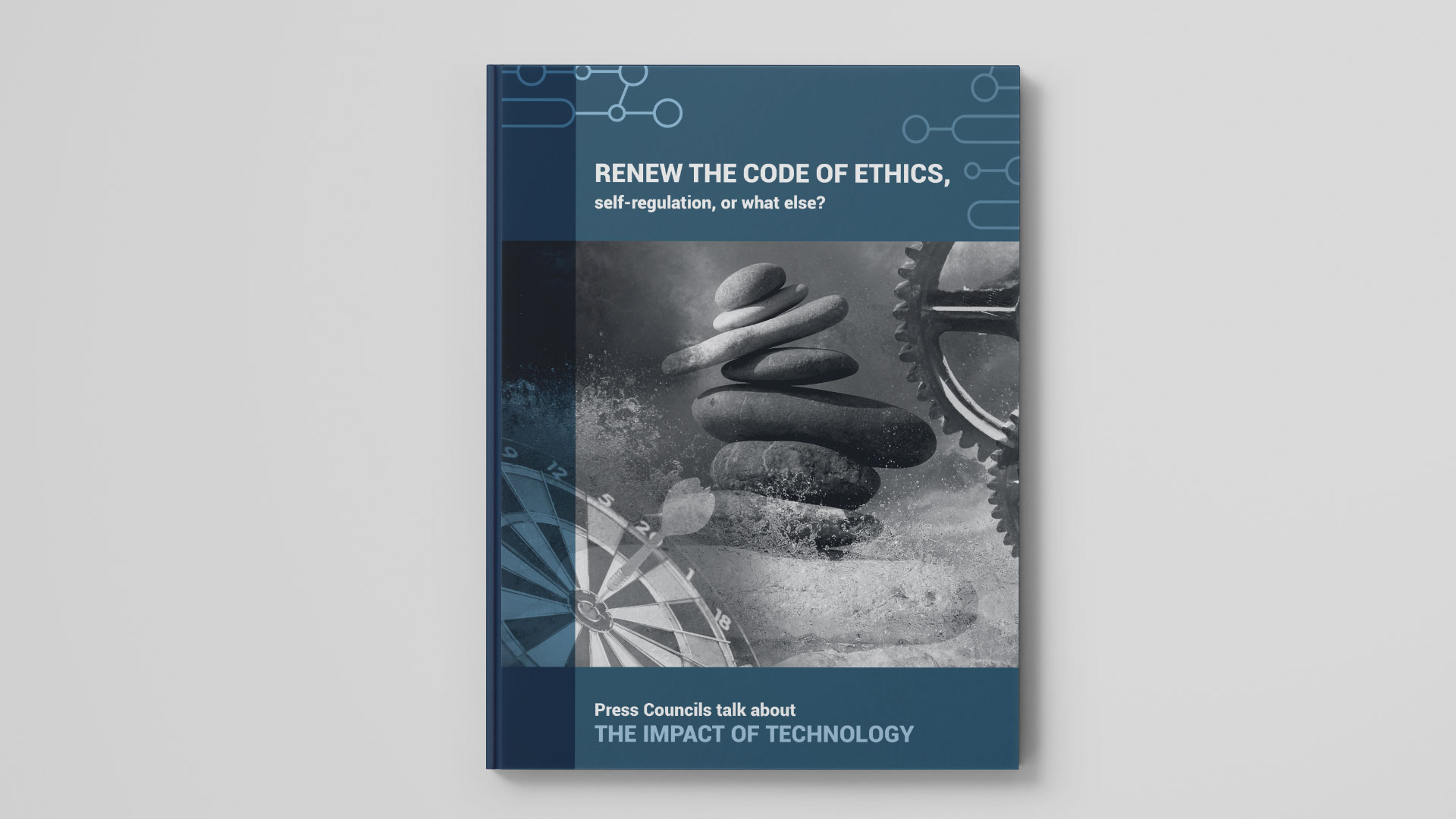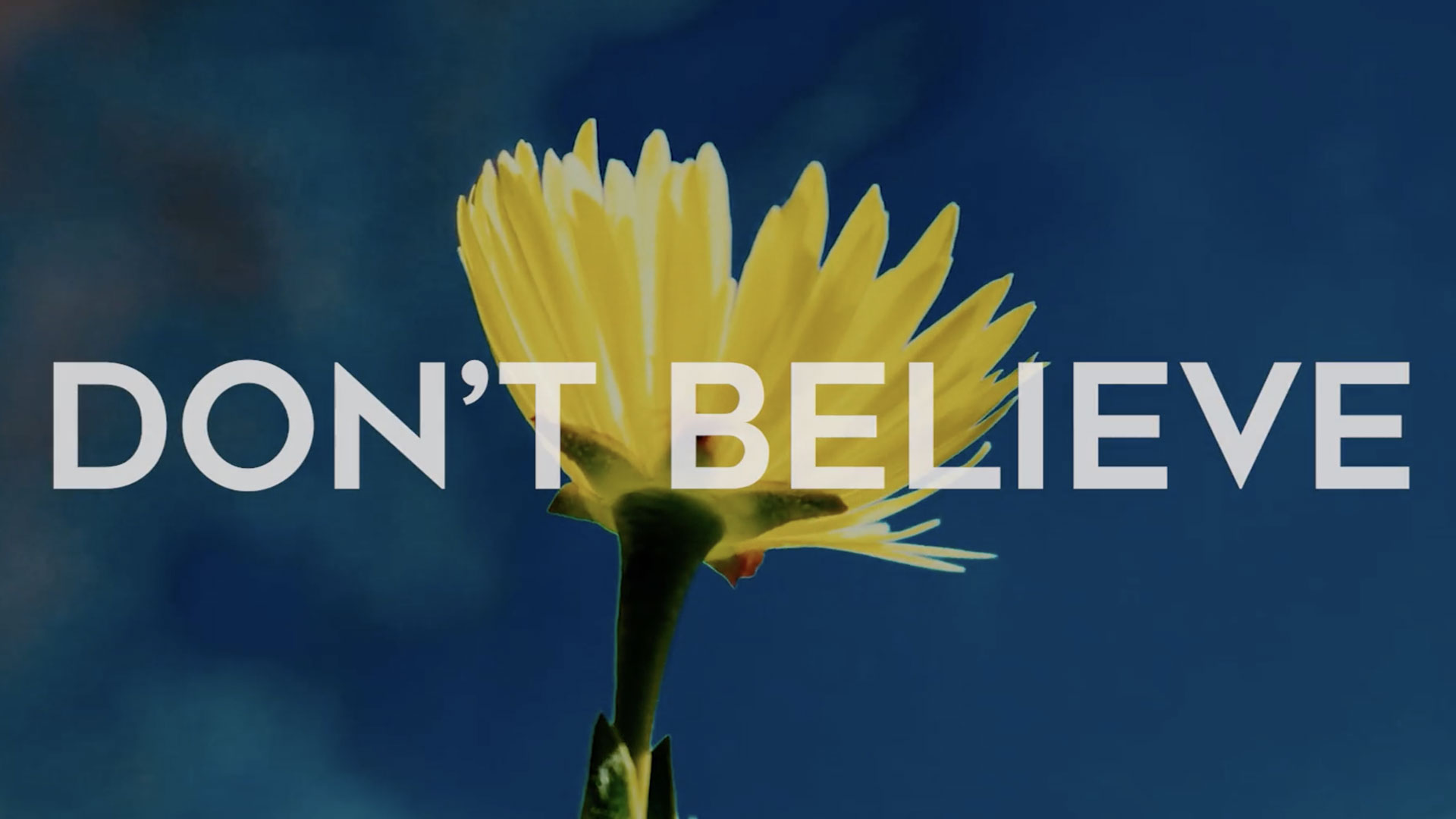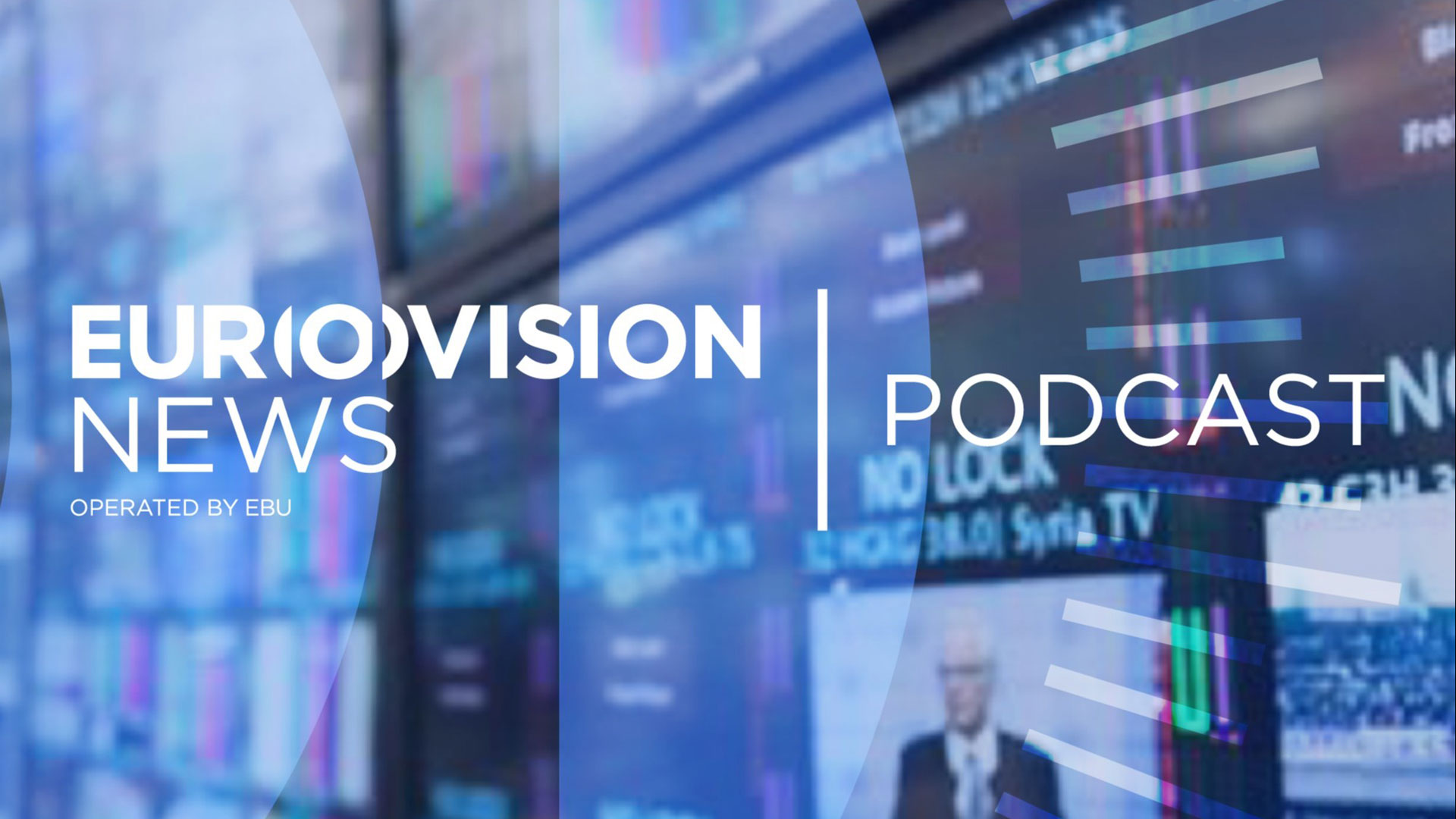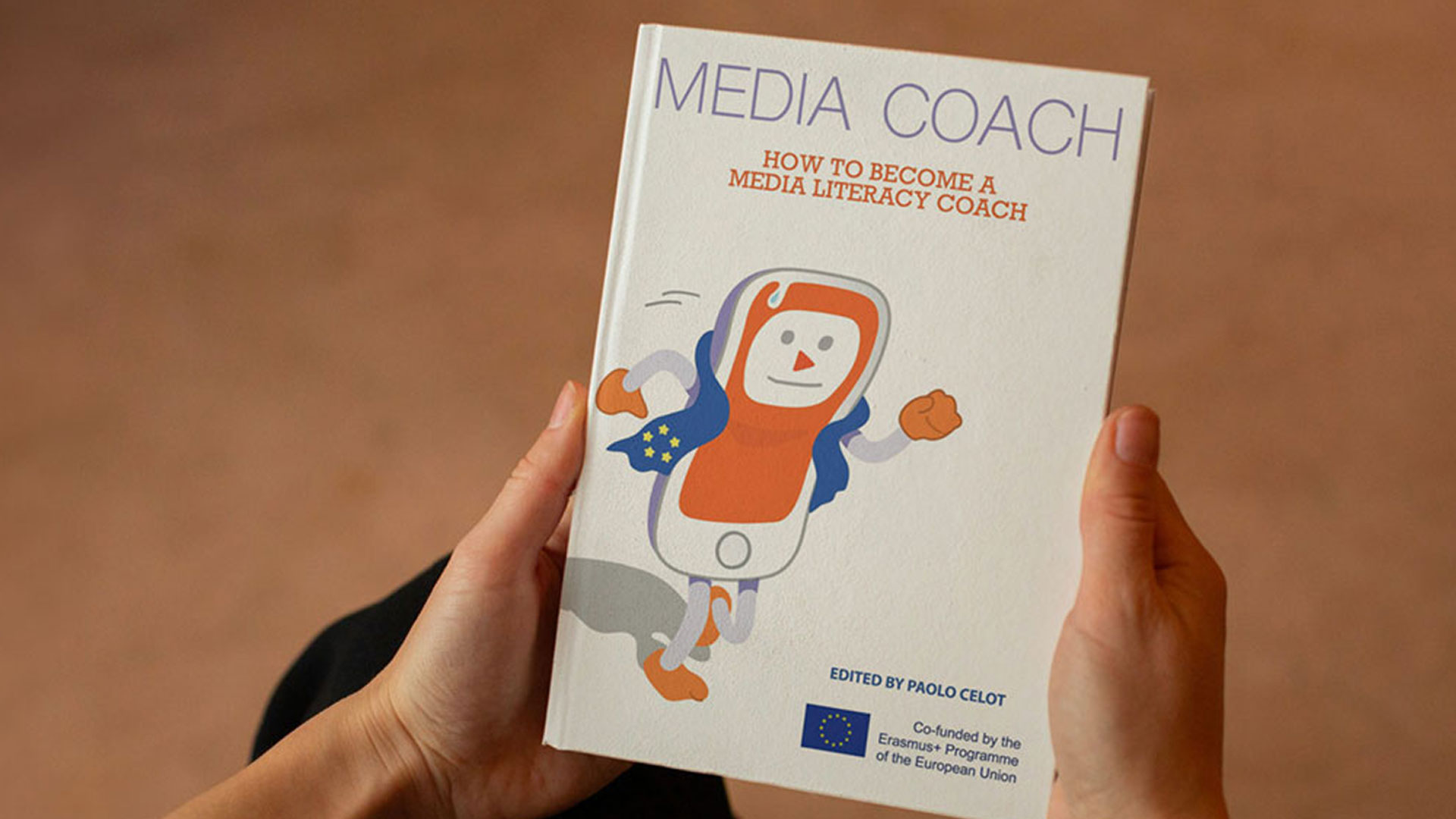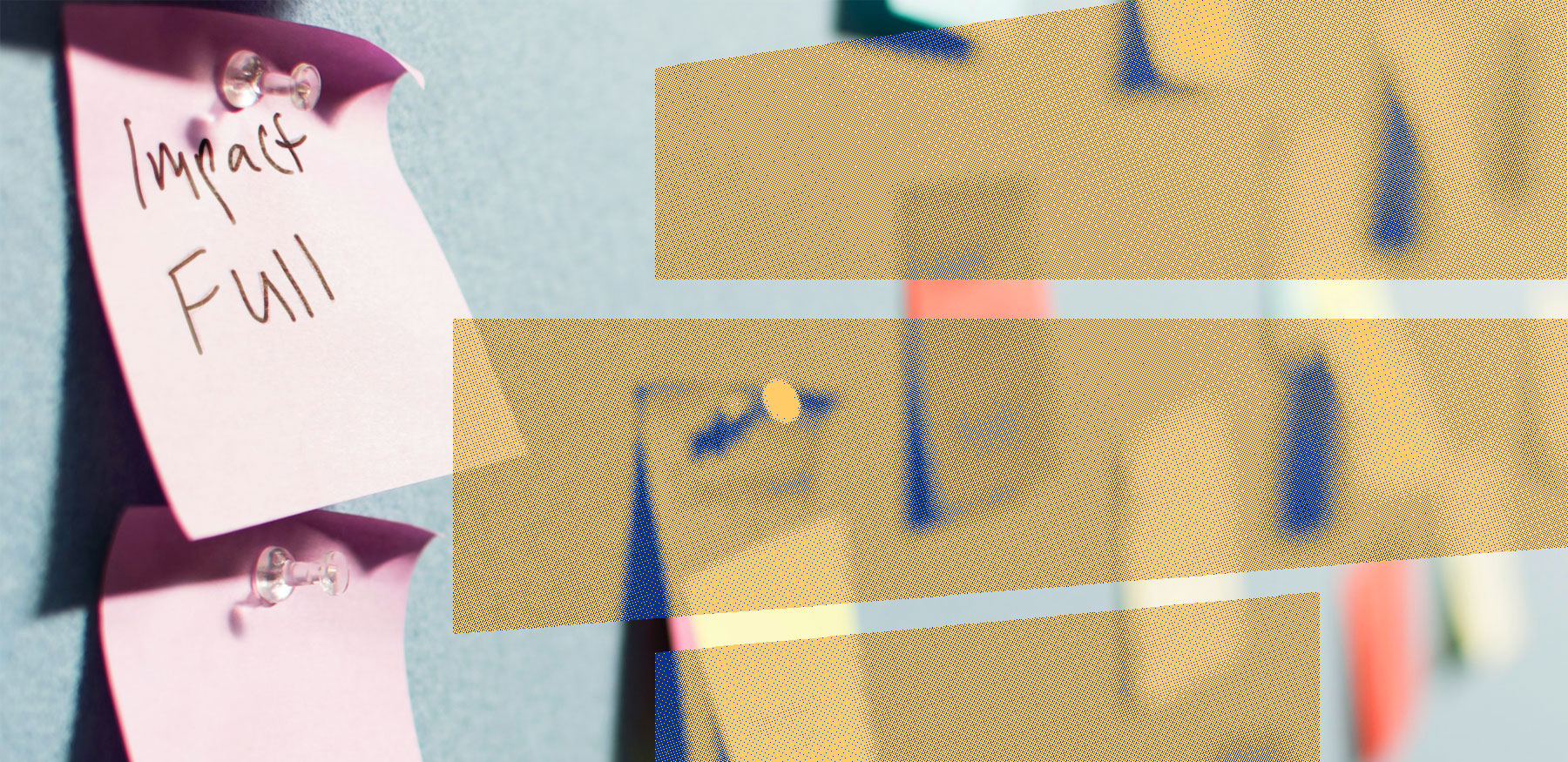Want to level-up your skills?
If you are
-
A parent or an educator
-
A journalist concerned about their safety
-
An AI enthusiast
-
Curious-minded
-
A thinker
Our digital parenting materials will equip you with strategies and tools to ensure children's online safety and guide them toward responsible use of technology.
You can take a risk assessment and a training course that will equip you with rapid responses to mitigate risks and foster a safer environment for you and your colleagues.
You will enjoy learning more about how artificial intelligence shapes media consumption and content curation. Explore the intersection of AI and media independence and find out how technology influences our perceptions.
You likely don't take everything you hear at face value, nor are you content with just one version of the facts. Be better prepared to distinguish truth from misinformation and build a critical mindset with our media literacy content.
The media ethics section is for you. Dive into the impact of media on society or the ethical dilemmas faced in the digital age.
Explore this collection of resources covering key aspects of media literacy and journalism. All these materials are the knowledge outputs of the organising partners behind the festival. You can filter by the topic you are interested in and the format that suits you best.
With new videos, readings, online courses, quizzes and podcasts, and engaging posters each week, this platform offers tools to enrich understanding and help navigate flows of information.
Ten types of misleading news – Seventeen languages
The work needed to effectively filter information in our media-saturated environment takes time and skill. A study showed that the more content we consume, the more our ability to
Safety training for journalists
This online course equips journalists to enhance their personal capacities to asses media-associated risks and provide them with practical tools to mitigate those risks.
Safety risk assessment
Journalists and media workers have always been considered “high risk” workers because of the nature of their work. Here’s a tool to help them assess and prepare for it.
Being attacked is not part of the job
This video gathers different testimonials from journalists facing dangers when doing their job.
Journalists not sufficiently trained in health and safety issues
This reports reveals a serious lack of training and awareness, as journalists face increasing threats and intimidation in the course of their work.
Renew the code of ethics, self-regulation, or what else?
Through multiple interviews with press councils from 20 countries, this research addresses the future of journalism in the digital age.
BotBusters: Fake News Game
Learn how to use a professional tool to detect manipulated images and videos.
Media Literacy: A Fundamental Educational Right
Media literacy is not only a skill but a responsibility. A podcast with Juliane von Reppert-Bismarck.
Fact-checking
In this short video, Iva Nenadić addresses the concept of 'fact-checking' and its prominent role in the European Union’s policy against disinformation.
How to become a media literacy coach
Can media make us think thoughts that are not ours? Are our own ideas genuinely our own? How can we ascertain our thoughts? Which competencies and attitudes are necessary nowadays
Get involved
Do you have ideas for our next festival? Drop your suggestions for topics, speakers, and activities you’d love to see! Your input matters in crafting our future editions.
